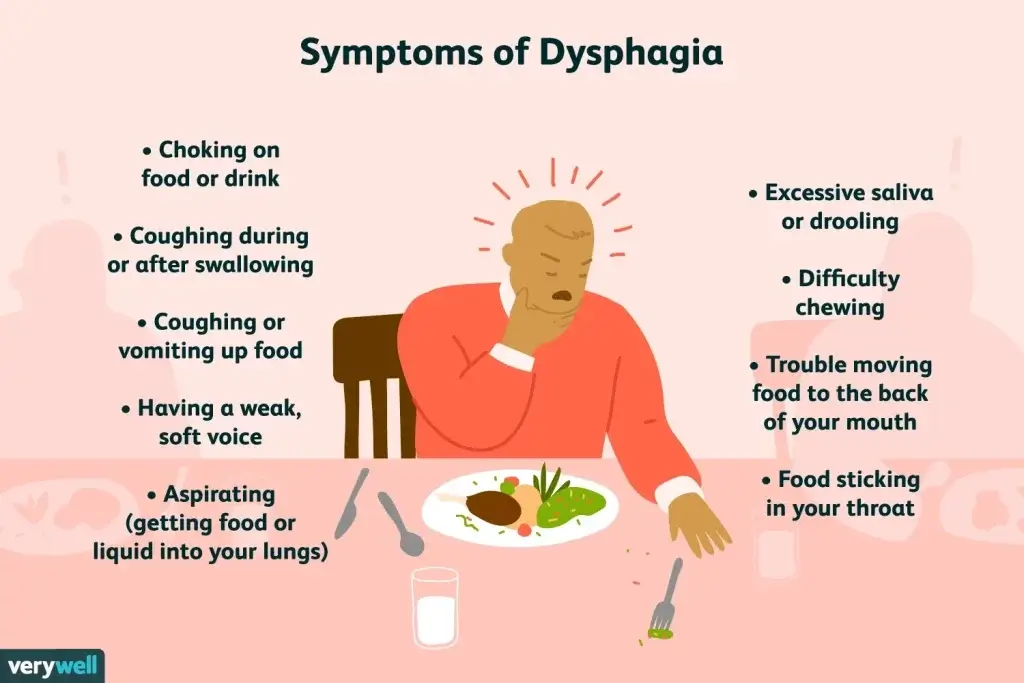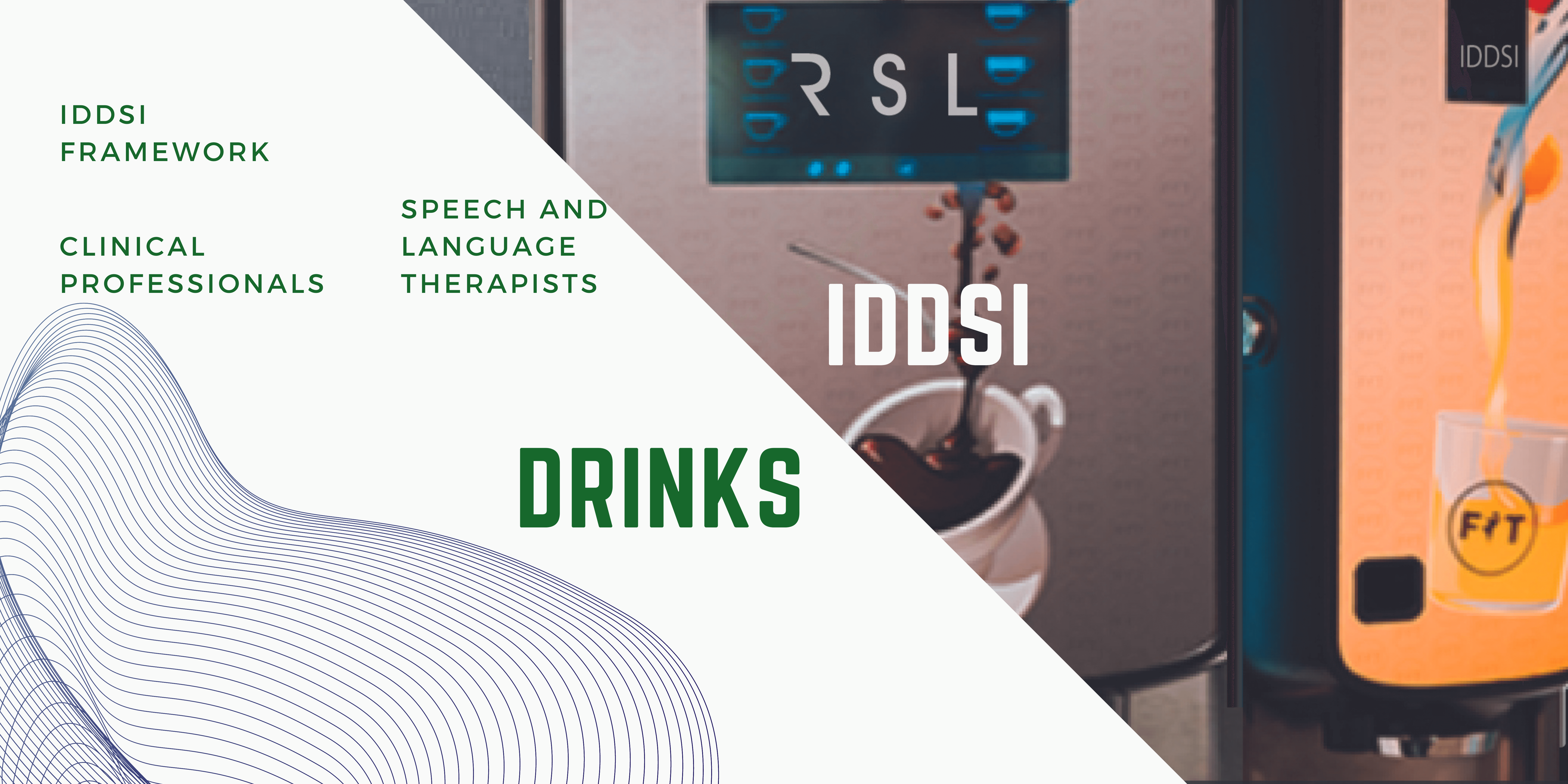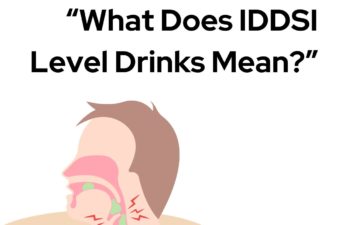The road to overcoming dysphagia, or difficulty swallowing, involves a tailored treatment plan addressing the unique needs and underlying causes of each individual’s condition.
Underlying Causes of Dysphagia
Dysphagia can result from a myriad of causes, each dictating its appropriate course of treatment. Neurological disorders like stroke, Parkinson’s disease, or multiple sclerosis may result in dysphagia[^1^]. Conditions affecting the oesophagus, including Gastroesophageal Reflux Disease (GERD), oesophageal stricture (narrowing), or cancer, can also lead to swallowing difficulties[^2^].

Dysphagia Treatment Overview
The overarching goal of dysphagia treatment is to enable safe and efficient swallowing, ensuring adequate nutrition and hydration, and reducing the risk of choking or aspiration pneumonia[^3^]. A comprehensive treatment plan may encompass the following strategies[^4^]:
- Swallowing Therapy: Conducted by a speech and language therapist, swallowing therapy involves exercises to strengthen the muscles used in swallowing and techniques to improve swallowing coordination.
- Dietary Changes: Modifying the consistency and texture of food and drinks can make swallowing easier. This might involve thickening liquids or puréeing foods.
- Medication: If dysphagia is the result of conditions like GERD, medications to reduce stomach acid may be prescribed.
- Surgery: In severe cases, or where there’s an obstruction in the oesophagus, surgery might be necessary.
- Assistive Devices: Specialised equipment, such as modified utensils or feeding tubes, may be utilised in severe cases of dysphagia.
Aiding Dysphagia with Innovation
Technological advancements are also playing a pivotal role in dysphagia treatment. For example, Refreshment Systems’ Dysphagia Drinks Machine offers an innovative solution. The machine provides beverages at varying consistencies in accordance with the International Dysphagia Diet Standardisation Initiative (IDDSI) guidelines, allowing individuals with dysphagia to safely enjoy their favourite drinks.

Conclusion
Dysphagia treatment requires a comprehensive, individualised approach addressing the specific causes and symptoms of each person’s condition. With the right support, people with dysphagia can navigate their path to recovery and maintain their quality of life. Consult a healthcare professional for any concerns or symptoms of dysphagia.
[^1^]: NHS, Swallowing Problems (Dysphagia)
[^2^]: Mayo Clinic, Dysphagia
[^3^]: ASHA, Adult Dysphagia
[^4^]: Dysphagia Diet, Dysphagia Treatment




